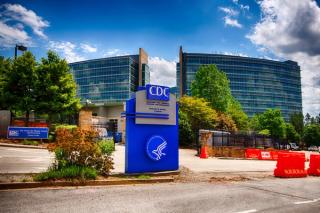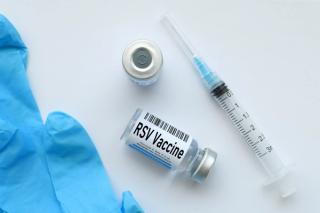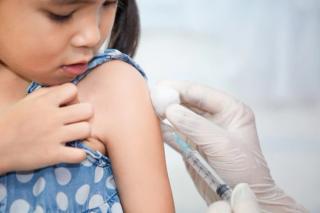
Infectious Disease
Latest News

Latest Videos

Shorts








Podcasts
CME Content
More News

Nina Masters, PhD, MPH, explains how early adherence to pediatric vaccines strongly predicts timely measles-mumps-rubella (MMR) vaccination.

Recombinant zoster vaccination against shingles was found to significantly reduce the risk of heart disease and dementia, even after a prior case of shingles.
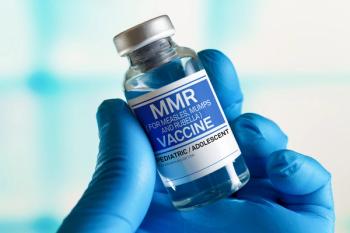
Study author Nina B. Masters, PhD, MPH, highlighted an increase since the pandemic in the rates of patients missing their dose of measles, mumps, and rubella (MMR) vaccination at age 2 years.
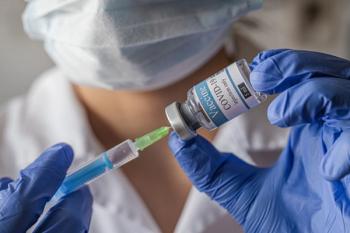
Surveys reveal significant misunderstandings among Americans about shared decision-making in childhood vaccinations, highlighting the need for better public education.
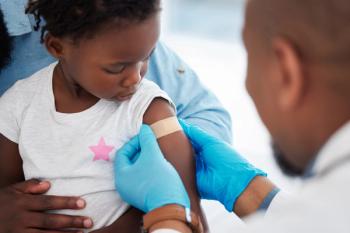
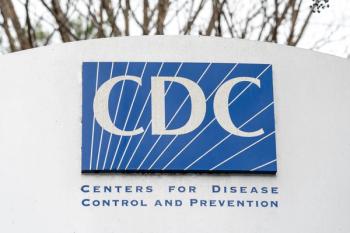
Federal vaccine recommendations for pediatric patients shift dramatically, reducing routine immunizations from 17 to 11, sparking debate on safety and efficacy.
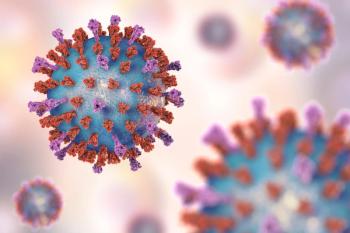
Research reveals that adults who were hospitalized with RSV experience significant long-term health issues, impacting quality of life and physical function.
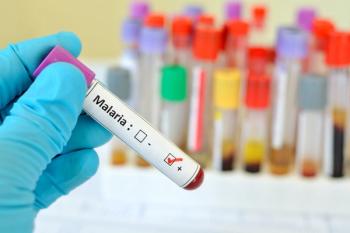
A promising multistage malaria vaccine shows potential for broader protection against the disease, highlighting the evolving role of pharmacists in vaccination efforts.

Six months following pneumococcal vaccination, over 70% of patients lost their protective titers, suggesting the need for more optimal vaccination strategies.

A series of workplace factors were found to increase the risk of long COVID, including close contact with colleagues and commuting through public transportation.
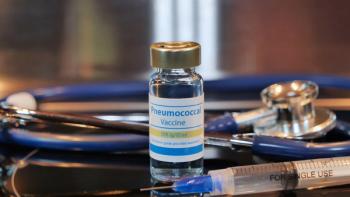
Serotypes included in the pneumococcal 21-valent conjugate vaccine (PCV21) cause outsized disease and economic burden in Norwegian patients with pneumococcal disease.

COVID-19 vaccination significantly lowers severe illness and preterm birth risks for pregnant individuals.

FDA approves zoliflodacin, a groundbreaking oral treatment for gonorrhea, offering hope against antibiotic resistance and improving patient access.
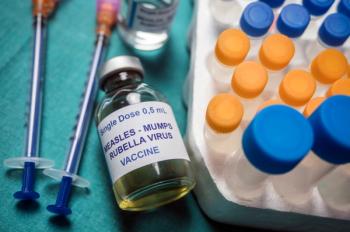
Measles cases surge in the US, prompting quarantine measures in South Carolina schools and raising urgent vaccination concerns amid declining rates.

FDA approves gepotidacin as a new oral treatment for uncomplicated gonorrhea, expanding options against resistant sexually transmitted infections.
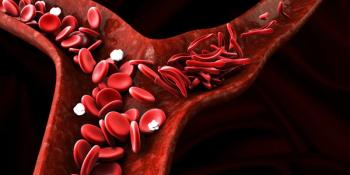
New findings highlight the need for pneumococcal booster vaccinations in children with sickle cell disease to maintain immunity and prevent serious complications.

A new rapid test for pertussis enables quick diagnosis in as little as 15 minutes, addressing rising whooping cough cases.
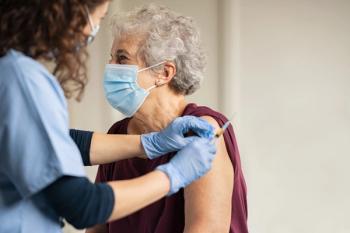
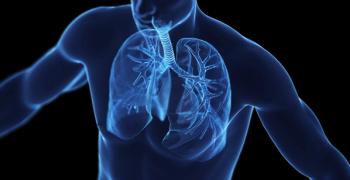
The pneumococcal 13-valent conjugate vaccine (PCV13) was effective at preventing pneumococcal lower respiratory tract infection (LRTI) in older patients from Thailand.
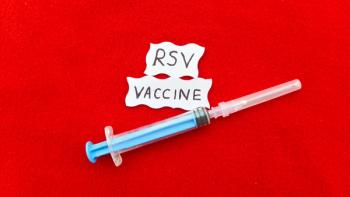
Examining Trends From Past Respiratory Virus Seasons Can Inform New Vaccination Strategies

Investigators determined a series of risk factors that can lead to complicated pneumococcal bacteremia, including older age and key comorbidities.

Research funding disruptions at the National Institutes of Health (NIH) impact clinical trials, threatening treatment options for patients and highlighting the critical role of pharmacists in care continuity.
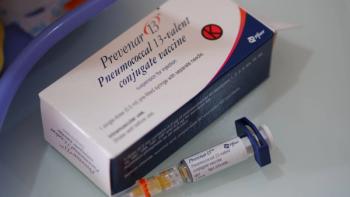
Post pandemic, invasive pneumococcal disease cases rise among youth due to declining vaccination rates, highlighting urgent public health concerns.
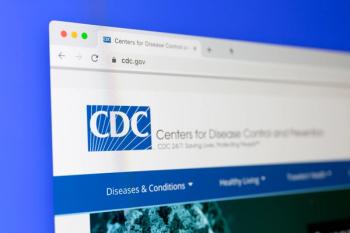
CDC's recent statement raises concerns about vaccine safety and autism links, igniting debate among health experts and fueling vaccine hesitancy.

A recent study reveals diverse long COVID trajectories, highlighting the need for further research to understand symptoms and recovery variability.






